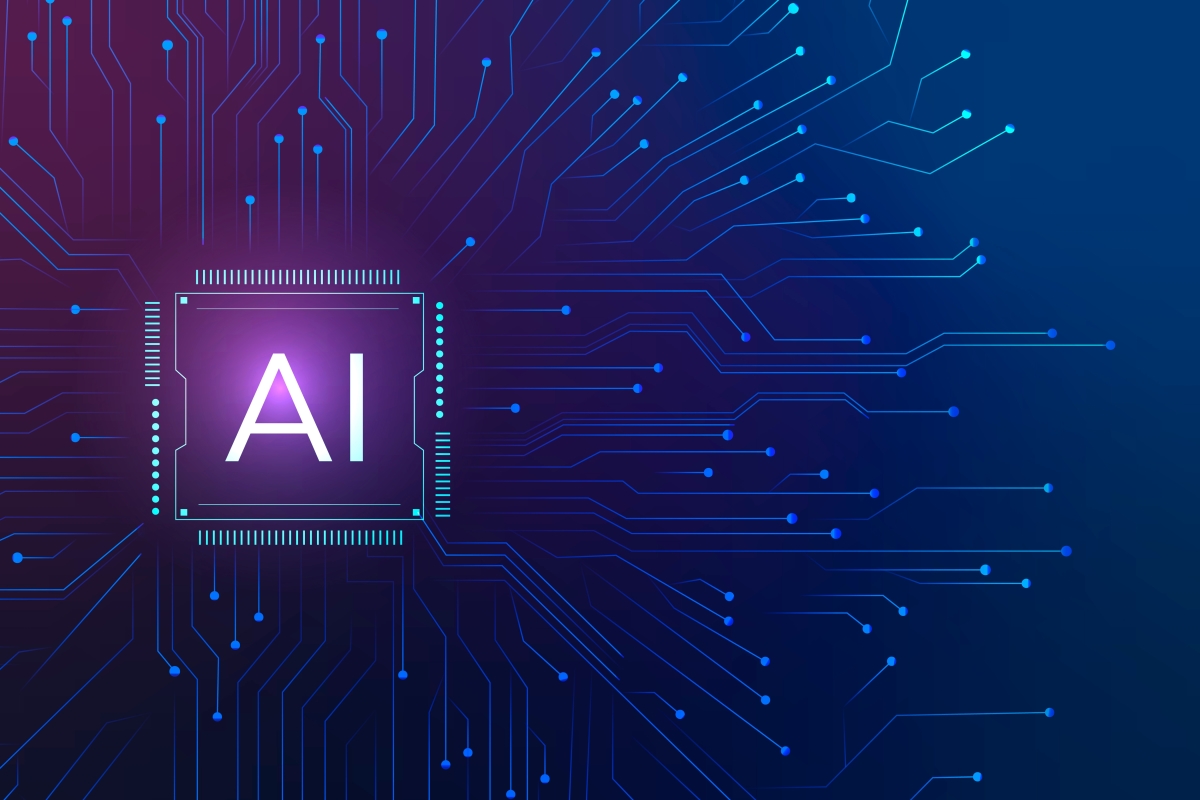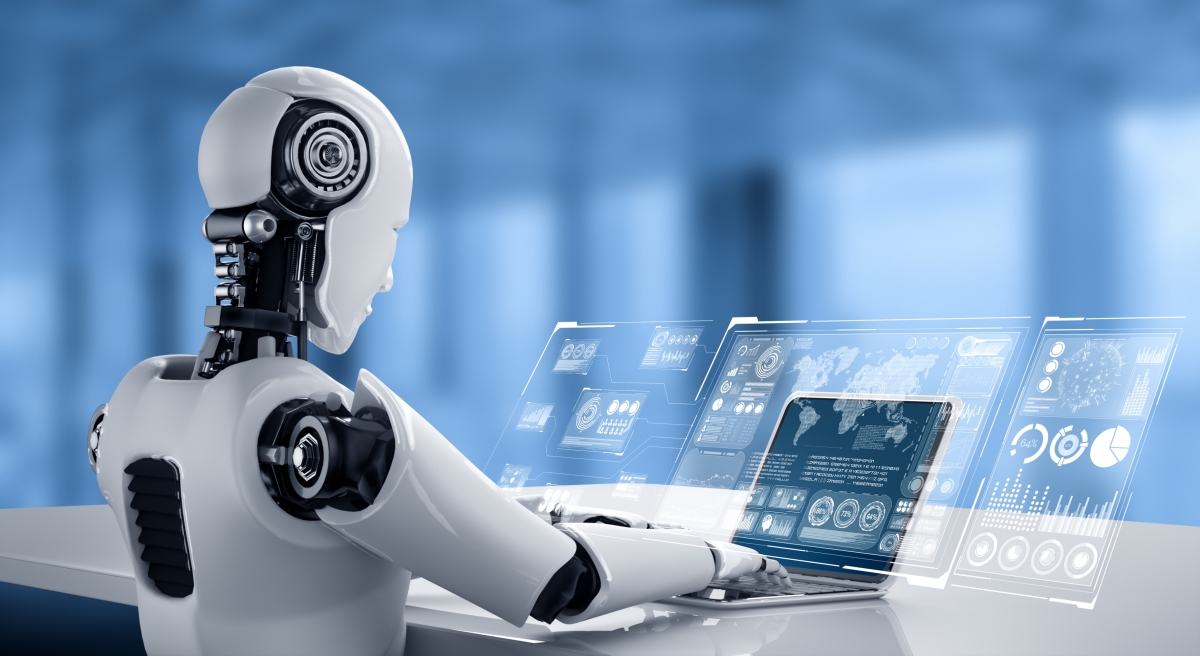EMERGING TECHNOLOGIES
As we move into the future, technology continues to play an increasingly important role in our daily lives. From AI to blockchain to machine learning, emerging technologies are shaping the way we live and work. Ajay Kuriakose Jacobs, the Managing Director of M-J Global, a highly respected immigration consultancy in the Middle East, has identified 10 top emerging technologies that are set to revolutionize industries across the globe.
- Artificial Intelligence (AI)

AI is rapidly transforming many industries, from healthcare to finance to manufacturing. By using machine learning algorithms, AI can help automate processes, reduce costs, and improve efficiency. - Blockchain

Blockchain technology is best known for powering cryptocurrencies like Bitcoin, but it has many other potential applications, such as secure and transparent supply chain management, decentralized data storage, and voting systems. - Machine Learning

Machine learning is a subset of AI that enables machines to learn and improve from data without being explicitly programmed. This technology has the potential to revolutionize industries such as healthcare, finance, and marketing. - Virtual Reality (VR) and Augmented Reality (AR)

VR and AR have been around for some time, but they are still considered emerging technologies due to the many potential applications they have in fields such as gaming, education, and healthcare. - Internet of Things (IoT) –

The Internet of Things refers to the network of devices, vehicles, and other objects that are embedded with sensors, software, and connectivity. This technology has the potential to revolutionize industries such as transportation, healthcare, and manufacturing. - 5G Networks

5G networks are the latest generation of mobile networks, offering faster speeds, lower latency, and greater reliability. This technology has the potential to transform industries such as healthcare, transportation, and entertainment. - Robotics

Robotics is another emerging technology that is transforming industries such as manufacturing, healthcare, and transportation. By using advanced sensors and machine learning algorithms, robots can perform tasks that were previously thought to be too dangerous or complex for humans. - Biometrics

Biometrics refers to the use of unique physical characteristics, such as fingerprints, facial recognition, and iris scans, to identify individuals. This technology has the potential to revolutionize industries such as healthcare, finance, and security. - Quantum Computing

Quantum computing is a rapidly evolving field that has the potential to solve complex problems that are impossible for traditional computers to solve. This technology has the potential to revolutionize industries such as finance, cybersecurity, and healthcare. - Edge Computing

Edge computing refers to the processing of data at the edge of the network, closer to the source of the data. This technology has the potential to improve speed and efficiency in industries such as healthcare, transportation, and manufacturing.
As we look to the future, it’s clear that emerging technologies will continue to play an increasingly important role in our daily lives. By understanding the potential of these technologies, businesses and individuals can stay ahead of the curve and take advantage of the many opportunities they offer. Ajay Kuriakose Jacobs, Managing Director of M-J Global, recognizes the importance of keeping up with emerging technologies and incorporating them into the consultancy’s services to better serve clients. By leveraging emerging technologies, M-J Global can help clients navigate the complex immigration process more efficiently and effectively.

